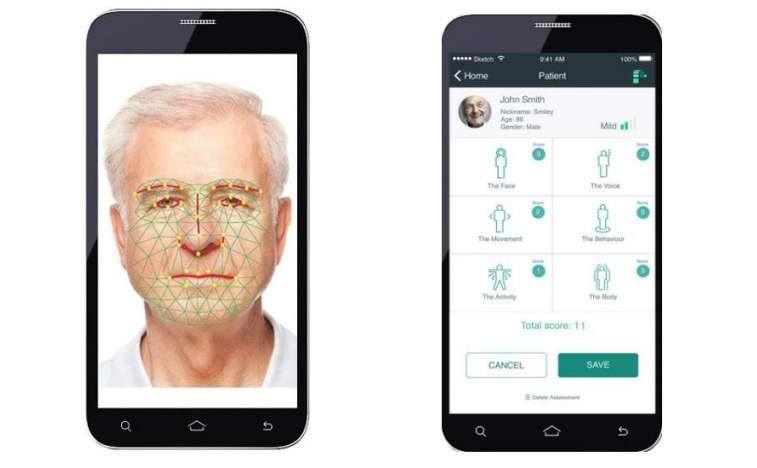Interesting AI pain assessment tool receives funding to help care providers in Gwent

PainChek, an AI-powered pain assessment tool, has been supported by Life Sciences Hub Wales in receiving funding from the Gwent Regional Partnership Board via its Technology Enabled Care Programme.
The funding will support a 12-month pilot in care environments, such as residential, nursing, and palliative care homes, across Gwent, Wales.
Care homes providing dementia, palliative, complex and learning disabilities care can apply to take part in the programme.
PainChek’s Tandeep Gill explained the aims of pilot include gathering a 12-month evaluation of the use and impacts of the app-based medical device: “From our discussions with care homes, it is abundantly clear they place pain management as a high priority, however, the tools currently used are sub-optimal.
“Using PainChek in a range of residential and nursing care homes across Gwent means we will be able to support them in improving management of pain for their residents. This will deliver immediate benefits including an increase in the number and accuracy of assessments conducted at the point of care.
“This can lead to better decision making from MDTs that is shown to reduce the prescribing of anti-psychotic medication, support one-to-one care requirements and hospital admissions, and inform improvements to dietary and nutritional strategies.”
The programme is headed up by Life Sciences Hub Wales, which is an arm’s length body of Welsh Government. It acts as a catalyst for innovation and collaboration between industry, health, social care, and academia, with the aim of making a positive difference to people, families, and businesses across the country.
Tandeep continued: “The agreement to fund the pilot is excellent news for the local and regional care sector, as well as great recognition of the significant role that PainChek can play in achieving effective management of pain in numerous care and nursing settings. We see this programme as the first step in rolling-out PainChek across Wales.
“Life Sciences Hub Wales helps to accelerate the development and adoption of innovative solutions that support the health and social care needs of Wales, and we are delighted to be working with them.”
Aimee Twinberrow is Project Lead within Life Sciences Hub Wales and focuses on healthier ageing and the use of AI, digital, and robotics to support innovation in Health and Social Care.
Of Life Sciences Hub Wales’ role in the programme and how it could help improve quality of care, she stated: “Life Science Hub Wales is delighted to be partnering with PainChek to help support nurses and care staff with making decisions about pain medication, with this project providing an initial evaluation to support its wider roll out and adoption across Health and social care in Wales. Technology like this can help to better manage pain levels and therefore play an important role in improving the overall quality of life and outcomes for people.”
According to the Alzheimer’s Society, around 70 percent of people in care homes have dementia or severe memory problems, with just over one-third of these experiencing pain at any given time.
“This is a problem that is currently not well addressed, and yet dementia prevalence is on the increase and set to double in 20 years,” added Tandeep. “The benefits of good pain management within health and social care, are numerous, but the sector currently relies on historic tools. These are cumbersome to use, particularly with people unable to communicate their needs, and pain assessments are subjective, and may be inaccurate and inconsistent.
“PainChek and its AI-driven data, results, reporting and information is the key to identifying and accurately measuring the ‘pain burden’ to ensure improved quality of life for residents.”

